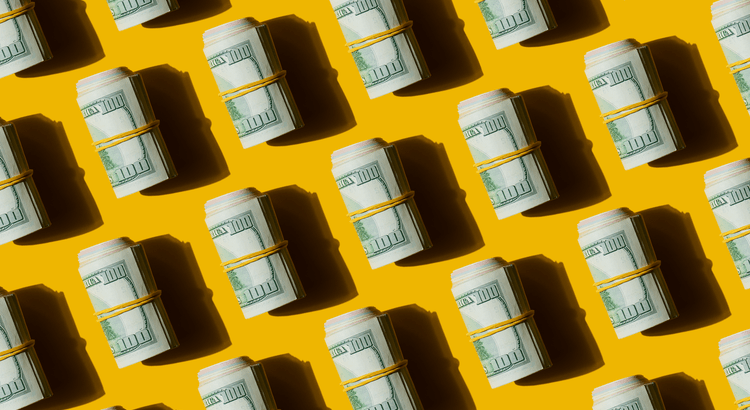Jan 14, 2021
Shopping for a house can leave you exhausted and spiritually broken, especially when that dream home is proving tricky to find in your price range. Even though you’ll eventually find the right one, you may also find yourself cutting it close on cash if you didn’t properly prepare financially. So it’s time for your pre-purchase cha-ching check.
What It Costs to Close
For sellers, closing is a fairly simple process, and most of the time they walk away with a check in hand. But for buyers, closing can be one of the largest expenses of their lives. You know it’s going to be pricey, but it’s a much easier pill to swallow if you’re totally ready for everything that’s going to go into that transaction. And there’s a lot more to paying for your new home than just coming up with the down payment. If you’re like most borrowers, to cover additional expenses on the big day, you can expect to add an additional three to six percent on top of that big chunk you’ve saved.
Those costs include, but aren’t limited to:
- Real estate-related expenses. Your lender should have already disclosed the fees they collect in order to actually do the work of creating your home loan, but there are other fees related to your loan that may or may not have been covered. These include potential lender requirements like appraisals and home inspections, as well as any repairs you’ve chosen to pay for at closing.
- Loan-related fees. If you haven’t talked to a lender yet, you may be surprised at some of the fees that are charged to take your loan from a little dream to a big investment in your future. An application fee is generally required to begin the process, as it covers the costs of things like your credit report and the initial loan processing. Other fees include prepaid interest (interest that accumulates between closing day and the day of your first payment), loan origination fees, discount points, and mortgage broker fees. These can really add up!
- Prepaid escrow expenses. Because items like your taxes and homeowner’s insurance are generally paid out of an escrow account, you’ll have to put some money into it at the get-go to kick things off. The actual initial deposits will depend on where you live, but count on at least two months, if not a full year, of each being collected to establish that account. If you have mortgage insurance, the same would also apply.
- Title-related fees. Although it would be wonderful to live in a world where you could trust that a seller was absolutely, without question, capable of guaranteeing you could buy and own their home without complications, that world doesn’t really exist. But that’s why title searches and title insurance do. These different fees pay to ensure that you will be able to buy a house without anyone else having a legal claim to it later, which would complicate your ownership considerably. Before a bank will loan you money, they want to know that a home has a clear title. Title searches track all the people who have owned the property before, and title insurance protects against any problems that might have accumulated on the title over time.
Have Questions About Closing Cha-Ching?
Today is a great day to get connected with an experienced mortgage lender or broker who can explain the fees involved in closing a loan for your specific situation. But where will you find one? Look no further than your friendly HomeKeepr community! Before you know it, you’ll have the name of a lender you can trust to help prepare you for the financial commitment required to buy your next home.


No comments:
Post a Comment